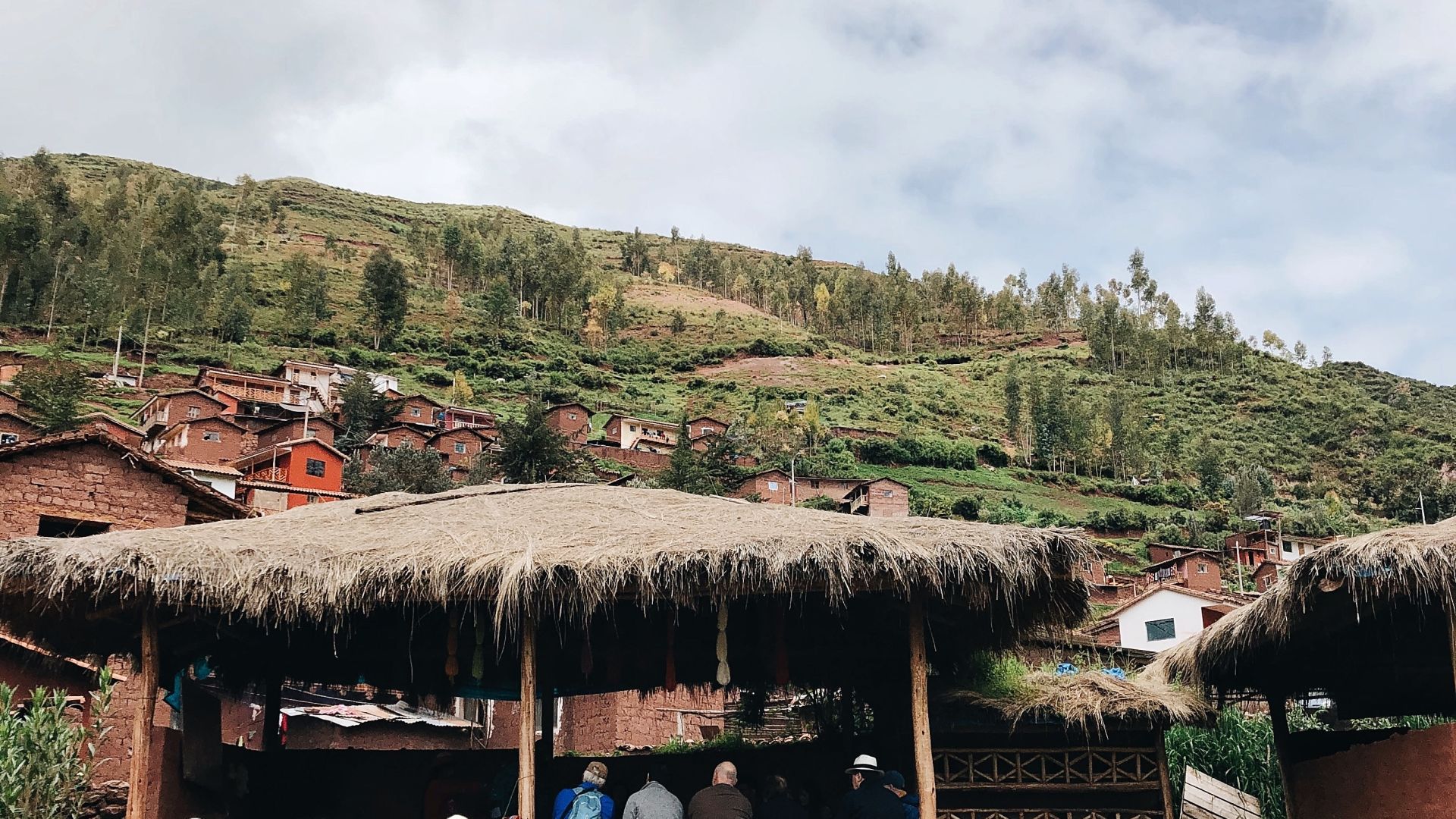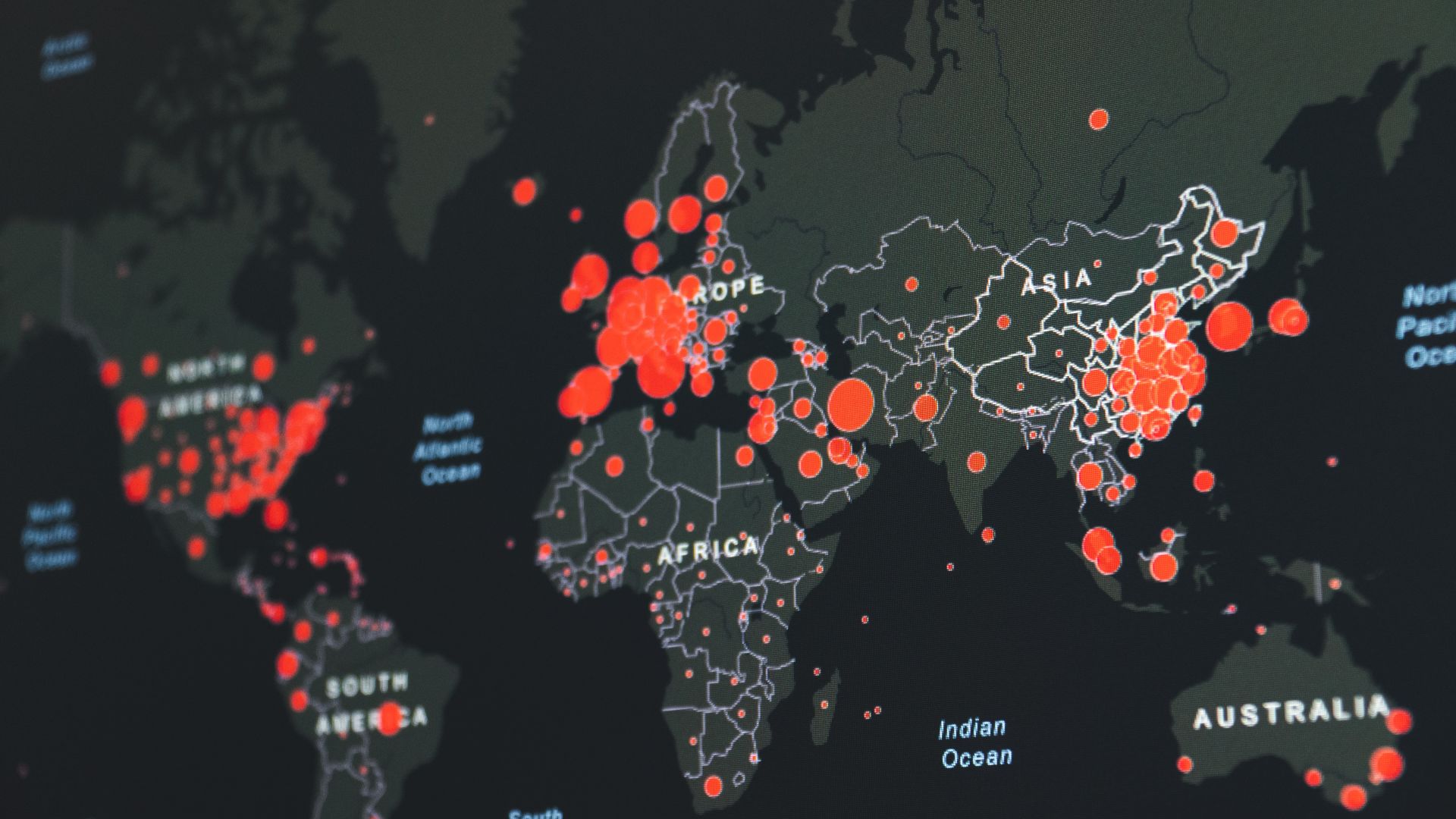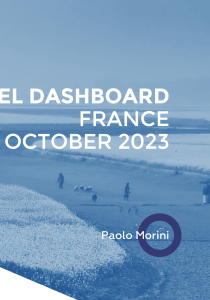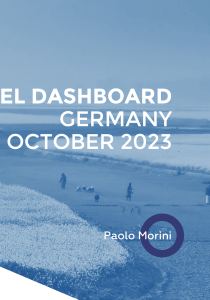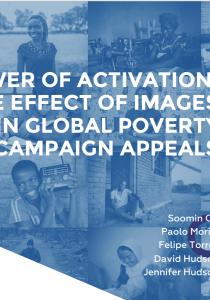
The author of this piece co-authored a new study examining the navigation of power imbalances between development NGOs in the global aid system.
The launch event of the study can be found here. The policy brief of the study can be found here.
Redistributing power has been at the forefront of the global aid agenda as a panacea for the ineffective and highly unequal traditional aid system. The movement to redistribute power is diverse – scattered, in my opinion – but there is more that unifies the various sub-movements than divides them. The movement can broadly be defined as “a continuous process of redistributing power from actors in the global minority to actors in the global majority, working on development, peacebuilding or humanitarian action.” Yet, the various terms used to refer to redistributing power in the aid system hold important differences that signal disagreements on the extent of change needed and the evolution of discussions between practitioners and academics, among others. The most significant difference concerns whether system change is needed. Terms like ‘localisation’ and ‘locally-led aid’ advocate for change within the traditional aid system, while ‘shifting the power’ and decolonisation stress the need for system change.
In a new report, fellow researchers and I argue that system change is necessary to genuinely redistribute power. We found that the sum of individual actions of Northern NGOs within their partnerships falls short of redistributing power in the global aid system. Even with a renewed ambition to become a ‘good partner’, these actions will not be enough to change the global aid system. System change will require all actors in the aid chain to look beyond their own activities and call on powerholders to change the framework of the global aid system. The public is one of those powerholders.
With the support, not leadership, of Northern actors we can transform the traditional aid system into a more effective, equitable, and just form of solidarity.
So, what about the public? Working with the Development Engagement Lab has given me the opportunity to look deeper into the role, opportunities and threats of public engagement with the movement. Before getting into the role of the public, it is important to point out that the public is on top of the aid chain (Figure) – meaning that the aid system starts with the people. It is the collective solidarity of the public that makes aid possible either, e.g., through elected government, advocacy, or direct involvement. For example, One World Together identifies the public as a source of power that can help transform the global aid system, redistributing power to local organisations. As the upcoming report points out, those who hold power ultimately must take a step away from their positions of power, including institutional donors. I would like to take that further: the public of countries that are powerholders in the aid system must accept having a lesser say in the allocation of aid.
Generally, surveys that ask the public’s opinion focus on their satisfaction (or dissatisfaction) as taxpayers with the traditional aid model, as well as their preferences for aid spending. Healthcare, WASH facilities, or schoolbooks? Although this information is valuable, the lens of the Shift the Power movement suggests this leads to an unproductive fixation on what the Northern public wants. As academics and practitioners, we have a responsibility to consider how we present our insights to policymakers and powerholders and the consequences thereof. One must consider the power dynamics. Unfortunately, within the traditional aid system that is built upon upward accountability, policymakers and powerholders are more receptive to what their constituency considers the most ‘popular’ areas of intervention, than what the community they’re assisting needs. For instance, if policymakers learn that taxpayers want more aid invested in education, institutional donors are (theoretically) more likely to shift funding to education. Going back to the aid chain, if local communities are given any say, it is often further down the aid chain, when they are offered the choice of either building a school or not building a school, regardless of their awareness that a new school won’t impact the root causes of their hardship, for example conflict in the region.’ It can thus be harmful to let what is ‘popular’ with the Northern public shape aid priorities in the Global South. That is why the public narrative needs to change: It should move away from a fixation on specific problems and towards the core of the Shift the Power movement; that people in the Global South are not incapable nor helpless. They are experts of their own context, have decades of experience in allocating aid, and know what is needed. With the support, not leadership, of Northern actors we can transform the traditional aid system into a more effective, equitable, and just form of solidarity. That said, in Development Engagement Lab’s ambition to expand their flagship Aid Attitude Tracker to include countries in the Global South, I would welcome a discounting of the Global North’s public opinion to facilitate downwards-accountability, led by Southern needs.
With the support, not leadership, of Northern actors we can transform the traditional aid system into a more effective, equitable, and just form of solidarity.
Fortunately, the early findings of a DEL study indicate the public’s optimism about redistributing power and finds merit in the change model. While redistributing power itself is a very complicated endeavour, the message of giving local organisations the resources and decision-making power to deliver aid where it is most needed is simple and seems to resonate with the public. This builds on DEL’s earlier findings that a focus on the basics increases public support. This offers an opportunity to call on powerholders such as government and institutional donors to ramp up efforts to redistribute power.
Unfortunately, the Shift the Power movement risks having its message co-opted by governments who hope to reduce aid budgets based on the argument that southern aid organisations should no longer depend on Global North assistance. With right-wing governments on the rise across the world, aid is under constant threat. To prevent aid budgets from drying up, the scattered movements of localisation, locally-led development, Shift the Power and others need to combine forces to mobilise the public toward policy change that benefits the Global South.
The public also call for more evidence, which can be provided in the form of case studies. This should be motivation for aid actors to move from talking about terms, to demonstrating what unites the sector and taking action – ideally in the form of action research. Besides, redistributing power is a wicked problem that does not subscribe to a linear process but to a circular, iterative process, which makes taking action vital to advancing theory.
We researchers and practitioners also have a vital role to play, namely in the narratives we communicate. For example, who do we refer to as ‘the expert’? Why do we keep talking about ‘giving local people power,’ when in fact we often concern ourselves with shifting power from Northern NGOs to the capable Southern NGOs we have relied on for decades to implement ‘our’ programmes? Language is not neutral and has a strong influence on public opinion; We are all spin doctors and must decide how we want to spin. What frames are you choosing to communicate to your audience?
Drawing on more than 450 survey respondents and 53 interviews in the Global North and South, this first ever study provides a comprehensive analysis of concrete actions taken to resdistribute power from Global North to Global South NGOs. The study highlights sources of power imbalances, who does what to change it, limitations, barriers and priorities.

